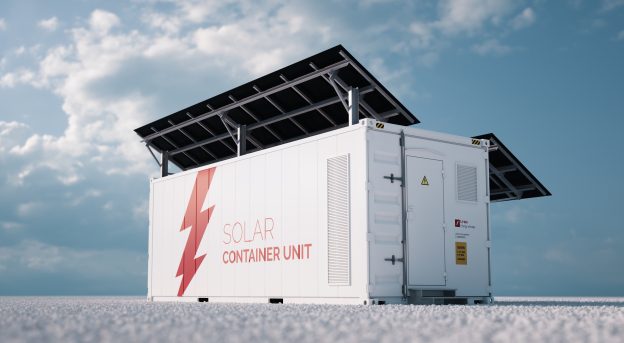
How does one impose carbon fees? Will it lead to a transfer of cost? The Environmental Protection Administration (EPA) of the Executive Yuan in Taiwan has commented that the imposition of carbon fees is still currently under planning, where power and manufacturing industries with an annual emission of more than 25K tons are set as initial targets, and those who are imposed with the fees can propose their own reduction plans in accordance with suitable rates.
EPA emphasized that carbon fee is an economic measure instead of a financial tool, and aims to facilitate a substantial reduction in emission rather than focusing on the imposed sum or even a transfer of cost. As for the corresponding impact, EPA will implement a cautious evaluation on the whole, and plans to execute the action in phases, before gradually enforcing the measure according to scale.
In terms of how the imposition of carbon fees would once again increase the operating cost of construction that is already relatively high, EPA clarified that the construction industry is not one of the early targets, but the manufacturing industry that emits a large volume.
According to article 28 of the Climate Change Response Act, carbon fees will be imposed on the emission of greenhouse gases in phases in accordance with Taiwan’s long-term target pertaining to reduction of greenhouse gases, as well as various phases of control targets. The stipulated rate will be examined by the review committee, while the EPA will also communicate and discuss with each sector comprehensively.
According to article 29 of the Climate Change Response Act, targets of carbon fee imposition can propose their respective reduction plans through measures such as transition to low-carbon fuels, adoption of negative emission technology, elevation of energy efficiency, as well as adoption of renewable energy or process improvement that would effectively lower emission of greenhouse gases or attain specific targets, which in turn incentivizes imposed targets to actively reduce their emission.
EPA also explained that operation of the domestic industry will also be taken into account in order to offer enough incentives for reduction in emission, promote low-carbon transformation within the industry, and accomplish the target of reduction. EPA emphasized that the Climate Change Response Act was announced for implementation on February 15th this year, and is currently under discussion regarding the carbon fee rate and targets. A contingent plan is expected to be proposed during the second half of 2023, while the sum of carbon fee will be finalized after discussion within the review committee in the first half of 2024.
(Cover photo source: pixabay)







